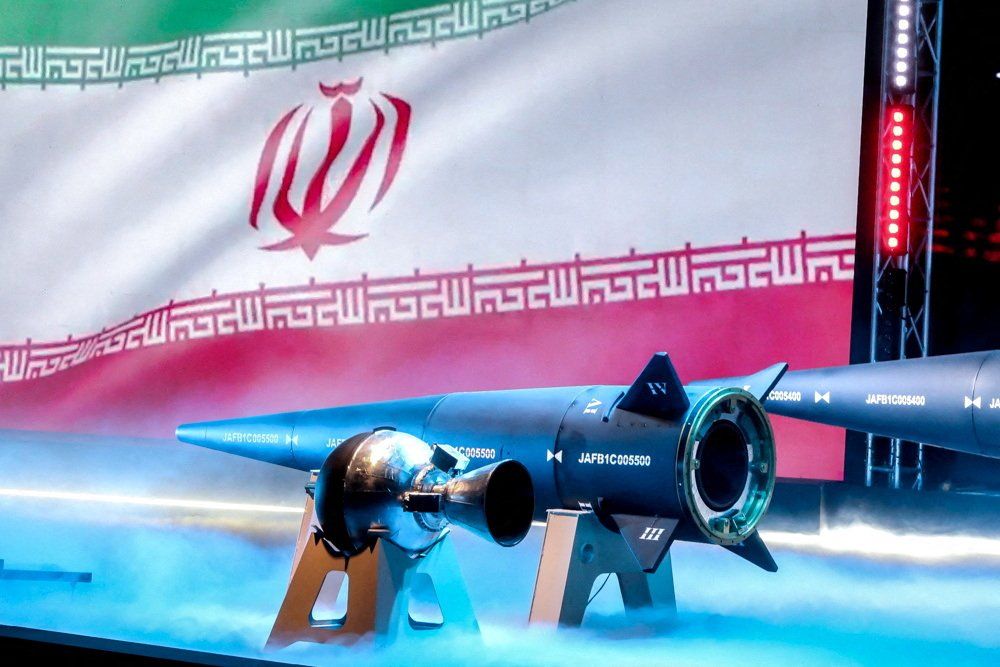The Islamic Republic of Iran claims to have developed its first hypersonic missile. At a showy military ceremony usually reserved for North Korean and Russian despots, President Ebrahim Raisi said that the new weapon proved that Iran’s “deterrent power has been formed.”
Crucially, the Iranians claim that the mid-range weapon capable of striking Gulf states can fly at 15 times the speed of sound. For context, a weapon is defined as hypersonic if it travels at between 5-25 times the speed of sound.
Tehran claims that no missile defense system can intercept its new weapon – dubbed Fattah, meaning “conqueror” in Farsi – but that depends on a range of factors, including the missile’s maneuverability. Many Gulf states use the Patriot missile defense system that are apt at targeting ballistic missiles on an unmoving trajectory. Israel, for its part, also has its own suite of missile defenses for these types of weapons.
To be sure, Iranian officials showed no proof on Tuesday that Fattah had been successfully fired, and they’ve claimed in the past to have had a similar weapon that hasn’t yet materialized.
The US and China are reportedly working on their own hypersonic arsenals, though Russia appears to already have developed them. (Ukraine, for its part, claimed in May to have shot them down with a Western-delivered Patriot battery.)
The timing of this grand reveal – that will put the US, Israel, and Gulf states on edge – is strange, coinciding with Iran reopening its diplomatic mission in Saudi Arabia after a years-long feud.